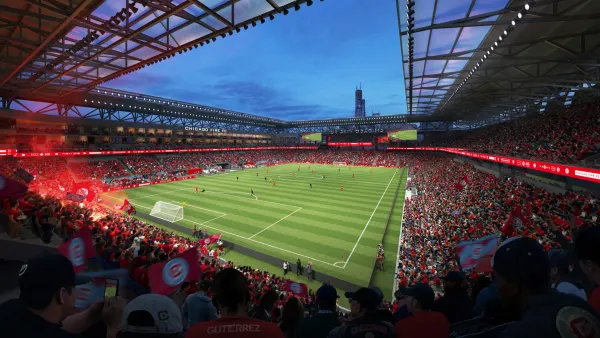Dive Brief:
- The Institute for Market Transformation (IMT) and the Natural Resources Defense Council (NRDC) have compiled a resource library to help cities boost building energy efficiency, thus reducing wasted energy and pollution while increasing equity in addressing climate change.
- The free, interactive toolkit was built on the best practices discovered when 20 U.S. cities participated in the City Energy Project, an initiative to increase building energy efficiency in cities through tailored policies and programs. The toolkit contains information in four main areas: understanding building energy use; reaching community stakeholders; prioritizing policies and programs; and communicating progress and results.
- The library includes guidelines for municipal governments to devise solutions for commercial, public and multi-family buildings, with ideas that are scalable to a variety of urban areas.
Dive Insight:
Vehicle emissions get a lot of attention for contributing to pollution and climate change, but buildings are considered the an even greater emissions source, especially in urban areas. The U.S. Green Building Council estimates that buildings account for nearly 40% of carbon dioxide emissions nationwide. That number can climb much higher in certain cities, reaching 60% to 80% of a city's carbon pollution, IMT says.
Cities are trying to combat that trend with strategies to decrease energy waste in buildings and related pollution. That can be challenging for municipal leaders because the majority of buildings in an urban area are privately, not publicly, owned. So leaders must find ways to incentivize building owners to voluntarily increase energy efficiency, or they must implement policies mandating compliance.
The resource library strategies encourage data-driven decision making through gathering and analyzing local energy performance data to reach conclusions and arrive at solutions. They also promote engaging with local stakeholders, including utilities, to collaborate and exchange ideas.
The resource library helps leaders figure out the best building-centric energy strategies for their individual city by bringing replicable and scalable ideas together in one place. The guidelines are based not just on ideas, but on results from real-life energy initiatives tested in the 20 partner cities that contributed to the toolkit.










